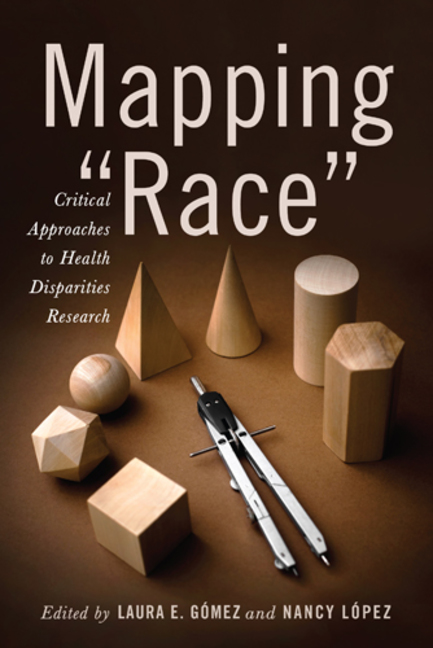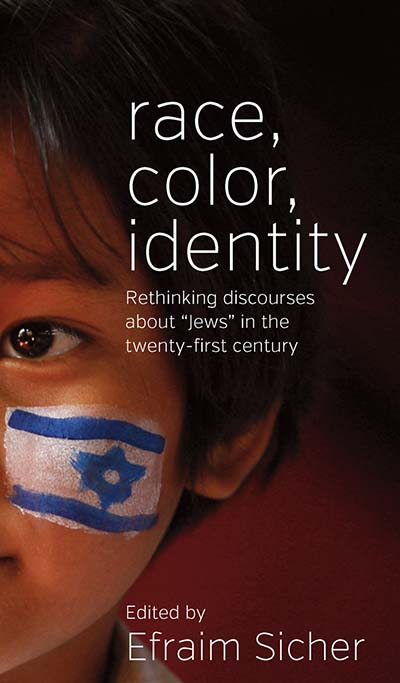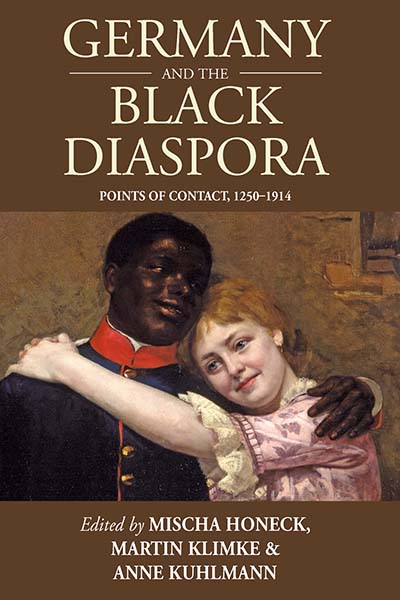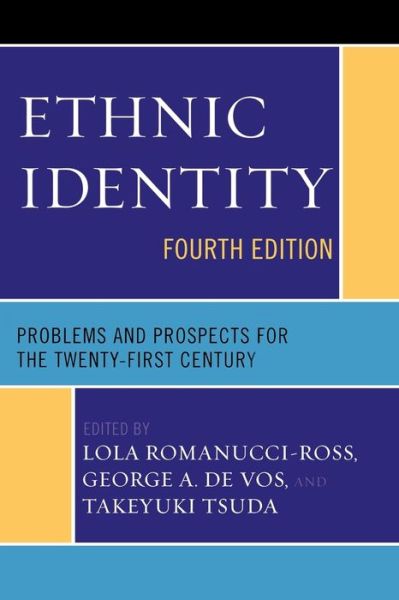Engaging Culture, Race and Spirituality: New VisionsPosted in Anthologies, Books, Media Archive, Teaching Resources on 2013-09-13 04:52Z by Steven |
Engaging Culture, Race and Spirituality: New Visions
Peter Lang Publishing
2013
232 pages
Softcover ISBN: 978-1-4331-2327-6
Hardcover ISBN: 978-1-4331-2328-3
Cynthia B. Dillard, Mary Frances Early Endowed Professor in Teacher Education
University of Georgia
Chinwe L. Okpalaoka, Director of Undergraduate Recruitment and Diversity Services in the College of Arts and Sciences
Ohio State University
Engaging Culture, Race and Spirituality addresses a critical question rarely addressed in our conversations and the literature about race, culture and diversity: How might spirituality and our inner lives matter in teaching and teacher education that explicitly engages and addresses race and culture? In ways explicit and embodied, this book focuses on how engaging spirituality and the inner life can serve as radical intervention in our dialogues about race and culture in education. Gathered together are the voices of emerging young scholars whose thinking and research explicitly marshal theories of spirituality as critical interventions in their dialogues and discourses about culture and race in teaching and teacher education. Each chapter is followed by a scholar visionary who points to ways for educators and educational researchers to see the usefulness of such spirituality in engaging research, pedagogy and practices. Their collective visions all deeply political, sometimes humorous, always insightful, and thoughtfully provocative call us to a new way of thinking about the «evidence of things unseen», about spirituality in education as a site of profound possibilities for change, equity, and social justice.
Contents
- Cynthia B. Dillard/Chinwe L. Ezueh Okpalaoka: Introduction: Culture, Race, and Dialogue: Toward a Spiritual Praxis in Education
- Tami A. Augustine/Deborah Justice Zurmehly: Conversations about Race: How Embracing Spirituality Opens Space for Dialogues in Teacher Education
- Barbara Dray: Visionary Response: With Mindfulness as a Guide: Engaging Conversations in Teacher Education
- Eyatta Fischer: Writing and Telling: Healing the Pain of Disconnection
- Robin M. Boylorn: Visionary Response: On Teaching and Telling: Two Sides of a Teaching (Cassette) Tape
- Brooke Harris Garad: Spiritually Centered Caring: An Approach for Teaching and Reaching Black Students in Suburbia
- Samara D. Madrid: Visionary Response: Care as a Racialized, Critical, and Spiritual Emotion
- Gilbert Kaburu/Chris Landauer: Less Religion, More Spirituality: Spiritually Relevant Pedagogy in the Global Era
- Khosi Kubeka: Visionary Response: Infusing Identity Enactment as a Component of Spiritually Relevant Pedagogy
- Angela Cartwright Lynskey: Occupy Classrooms: Teaching from a Spiritual Paradigm
- Carmen Liliana Medina: Visionary Response: Spiritual Occupations: Reflections on Pedagogies and Everyday Stories of Globalization
- Ashley N. Patterson: Can One Ever Be Wholly Whole? Fostering Biracial Identity Founded in Spirit
- Bettina L. Love: Visionary Response: Biracial Identity, Spiritual Wholeness, and Black Girlhood
- Erica Womack: Lessons in Love, Literacy, and Listening: Reflections on Learning with and from Black Female Youth
- Marcelle M. Haddix: Visionary Response: Listening Face-to-Face and Eye-to-Eye: Seeing and Believing Black Girls and Women in Educational Practice and Research









